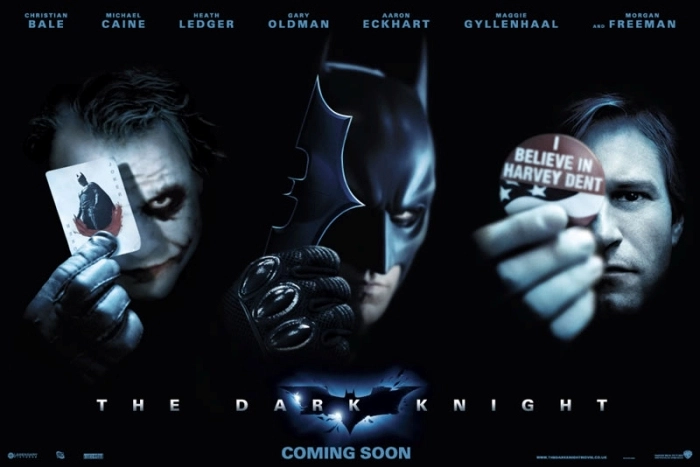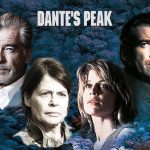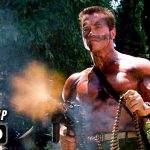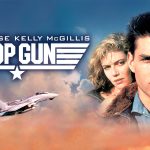”The Dark Knight 2008”

Suggested videos:
Suggested videos:
Suggested videos:
Suggested videos:
“The Dark Knight” (2008), directed by Christopher Nolan, is widely regarded as one of the best superhero films ever made, and it redefined the genre by incorporating elements of crime thrillers and psychological dramas. The movie is the second installment in Nolan’s Batman trilogy, following Batman Begins (2005), and features Christian Bale as Bruce Wayne/Batman, with Heath Ledger delivering a legendary performance as the Joker.
Key Strengths:
- Heath Ledger’s Performance: One of the standout elements of The Dark Knight is Heath Ledger’s portrayal of the Joker. Ledger’s Joker is unpredictable, chaotic, and terrifyingly charismatic. His performance was widely praised and won him a posthumous Academy Award for Best Supporting Actor. The Joker’s philosophy of chaos versus Batman’s order creates a compelling central conflict, pushing Batman to his limits.
- Complex Themes: The film explores deep themes, including morality, justice, chaos, and the duality of man. Batman is forced to confront his own moral boundaries, especially in his refusal to kill, even when Gotham faces its darkest hours. The Joker’s philosophy of anarchy directly challenges Batman’s moral code, making for a psychologically intense showdown.

- Realism and Grit: Unlike many superhero films, The Dark Knight is grounded in a gritty realism. Gotham City feels like a living, breathing metropolis plagued by crime, and the stakes are much higher and more personal. Nolan’s decision to minimize the use of CGI, opting for practical effects and real stunts, gives the film a sense of authenticity rarely seen in superhero films.
- Harvey Dent’s Arc: Aaron Eckhart plays Harvey Dent, Gotham’s district attorney who transforms into the villain Two-Face. His fall from grace is both tragic and impactful, adding to the film’s emotional depth. Dent’s journey from hero to villain mirrors the film’s central theme of duality and sets up an emotional climax.
- Cinematography and Direction: Wally Pfister’s cinematography, combined with Nolan’s direction, presents stunning visuals, particularly in the action sequences and the way Gotham is portrayed. The IMAX sequences, especially those involving the Joker’s heist and the chase scene, are visually stunning. Nolan masterfully balances action with character development and philosophical debate, ensuring the film is both thrilling and thought-provoking.

Weaknesses:
- Bruce Wayne/Batman Overshadowed: Some critics argue that Christian Bale’s Batman, though solid, is overshadowed by Ledger’s Joker. While Batman is a central figure, the Joker’s magnetic presence often steals the show, leaving Bruce Wayne’s character development somewhat secondary.
- Runtime: At 152 minutes, The Dark Knight is a lengthy film. While many find the pacing intense and engaging, some viewers may feel the length, especially in the second half when the film juggles multiple plotlines, including the introduction of Two-Face.
- Moral Ambiguities: The film’s exploration of moral dilemmas, particularly in its climax involving the ferry passengers, can feel a bit heavy-handed to some audiences. The clear-cut good versus evil dynamic of traditional superhero films is challenged, which may be less appealing for viewers expecting a more straightforward narrative.

Impact and Legacy:
The Dark Knight is credited with changing how superhero films are made. Its success pushed studios to take comic book adaptations more seriously, blending genres and raising the bar for storytelling, character development, and thematic depth. The film grossed over $1 billion worldwide, making it a box office sensation, and its influence can still be seen in superhero films today.
Overall, The Dark Knight is a masterpiece of modern cinema, transcending its comic book origins to become a thought-provoking thriller about human nature, morality, and the cost of justice.











